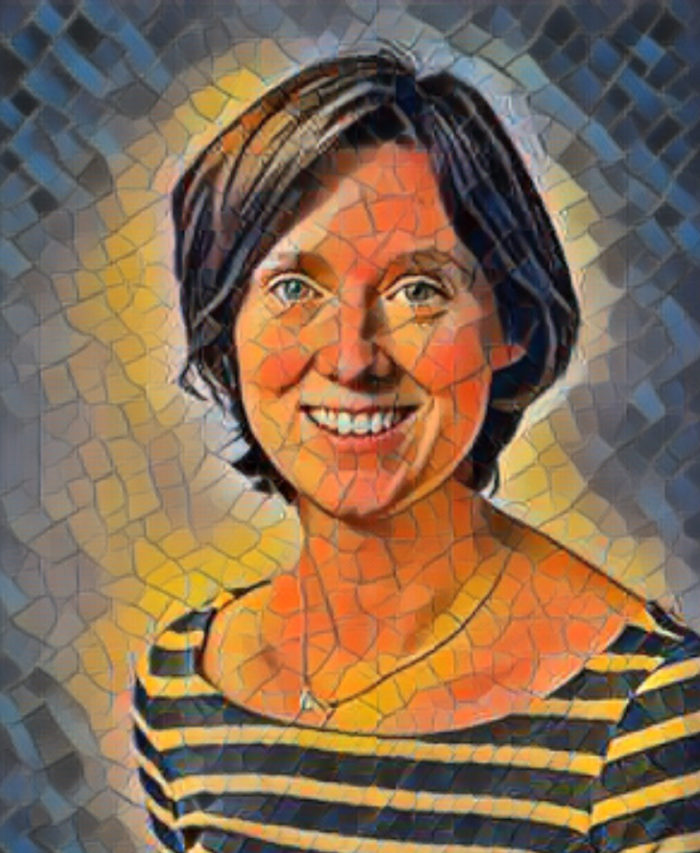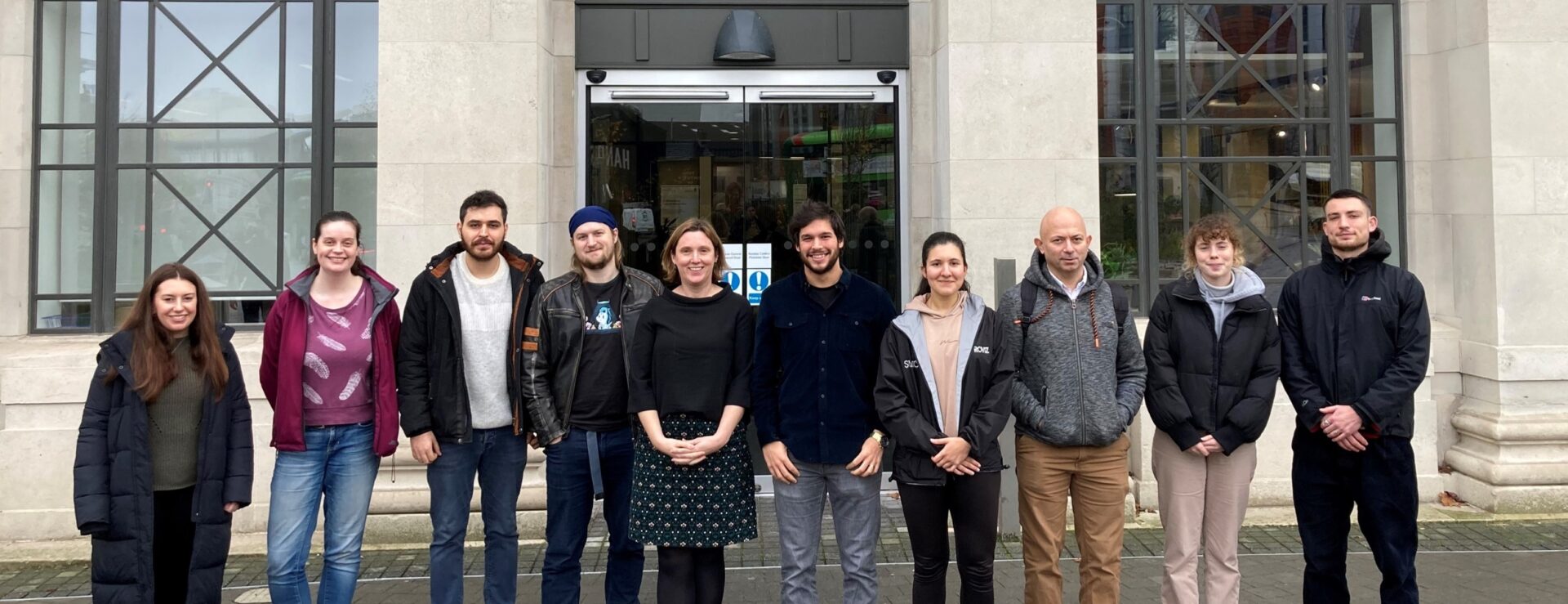People
Professor Lorna Dougan
MPhys (Physics), University of Edinburgh; PhD (Physics), University of Edinburgh

Lorna is a Professor of Physics and Director of Research and Innovation in the School of Physics and Astronomy. She is an EPSRC Fellow and an EPSRC Public Engagement Champion. Lorna is a physicist by training (MPhys and PhD, University of Edinburgh). In 2020 she was awarded the Water Woman award for Research Excellence. In 2018 she was awarded the British Biophysical Society Young Investigator Medal for her research on the physics of living systems, including single molecule manipulation, life in extreme environments and the physics of cryopreservation. She was awarded the Royal Society of Chemistry MacroGroup UK Young Researchers Medal in 2013 and the Medical Research Council and Royal Society Suffrage Science Award in 2015. Lorna currently leads an Engineering Physical Sciences Research Council Fellowship to explore Multiscale biomechanics, and previously led a European Research Council Fellowship in Extreme Biophysics. Lorna's current research interests span hierarchical biomechanics, extreme biophysics, liquid structure, life in extreme environments and (bottom-up) synthetic biology. She is passionate about science communication and active in arts-science collaborative opportunities.

From left to right: Sophie Cussons, Christa Brown, Ahmad Boroumand, Matt Hughes, LD, Harry Laurent, Kalila Cook, Mazin Nasalla, Rebecca Wade, Dan West
Postgraduate students
- Kalila Cook
- Mazin Nasralla
- Ahmad Boroumand
- Dimitra Katrantzi
Postdoctoral research associates
- Matthew Hughes
- Harrison Laurent
Research Technician
- Sophie Cussons

Past Group Members
- Dr Toni Hoffmann (Senior Scientist, Research & Development, Avacta Life Sciences)
- Dr Megan Hughes (Senior risk analyst, HSBC)
- Dr Samuel Lenton (Postdoctoral Research Associate, Lund University)
- Dr Natasha Rhys (Postdoctoral Research Associate, Kings College London)
- Dr Marcelo da Silva (Postdoctoral Research Associate, University of Bath)
- Dr James Towey (Dean of Engineering Postdoctoral Prize Researcher, Faculty of Engineering, University of Nottingham)
- Dr Kasia Tych (Human Frontier Science Fellowship, Technische Universitat Munchen)
- Dr Danielle Walsh (Medical Communications Trainee at Nucleus Global )
- Dr Michael Wilson (Senior chemistry analyst – Microsearch laboratories ltd)
- Dr Ellen Kendrick (Project officer in the Chief Scientific Advisor's office at Defra)
- Dr Anders Aufderhorst Roberts (Department of Physics, Durham University)
- Dr Alex Wright (Research Scientist)
- Christa Brown (Postdoctoral Research Associate, University of Colorado, Boulder, USA
- Anchal Malik
